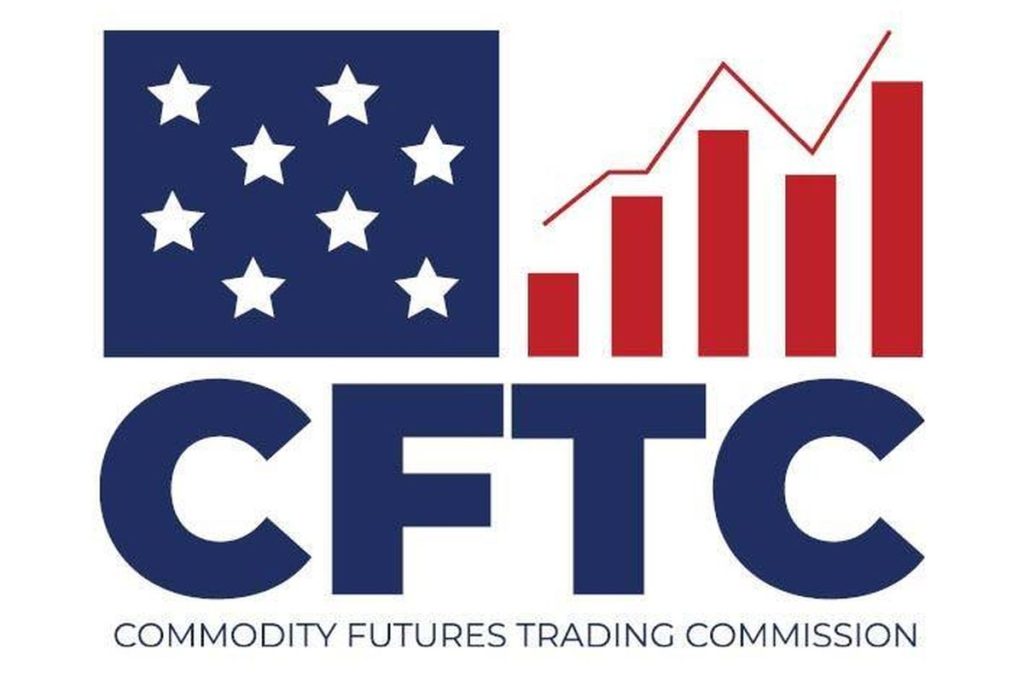
Decentralized Finance (DeFi) is on the brink of the financial revolution of the 21st century. Although they offer unprecedented opportunities, they also provoke a debate among regulators, such as the Committee for Commodity Futures Trading Commission (CFTC). Recently, Coinbase, one of the giants of the crypto industry, decided to respond to the challenge posed by the CFTC.
DeFi: Potential and Controversy
DeFi is a financial system based on blockchain technology, allowing for transactions without intermediaries, such as banks. Although they promise the democratization of finance, some regulators see them as a threat. Ian McGinley from the CFTC highlighted the risk associated with the lack of regulation in this area, emphasizing recent charges against DeFi protocols, such as Opyn, ZeroEx, and Deridex.
CFTC Accusations
The three aforementioned DeFi platforms were accused of violating financial regulations, resulting in their decision to pay fines of $550,000. These decisions indicate the CFTC’s firmness in enforcing rules, even against new technologies.
Coinbase in defense of DeFi
In response to the CFTC’s actions, Brian Armstrong, CEO of Coinbase, expressed his own concerns. He suggested that the regulator’s actions might stifle innovations in the cryptocurrency sector. He also emphasized that DeFi, as decentralized platforms, differ from traditional financial institutions and need a more tailored regulatory approach. Armstrong encourages rethinking how current regulations impact DeFi technologies.
What’s next for DeFi?
DeFi is still in its developmental phase, and its potential can significantly influence the world of finance. However, its future also depends on how regulations are shaped and interpreted. For many experts, such as Armstrong, the key is finding a balance between innovation and consumer protection.
